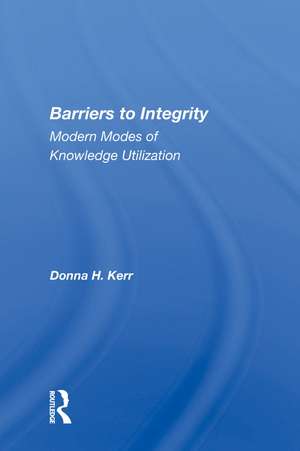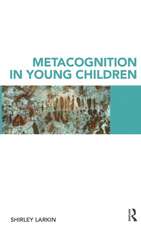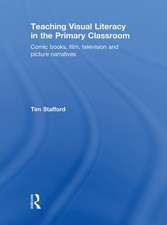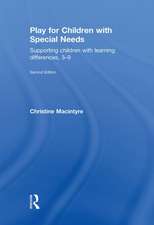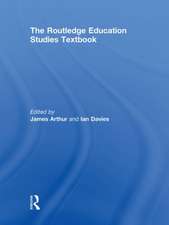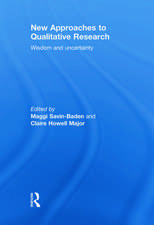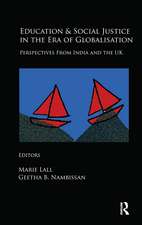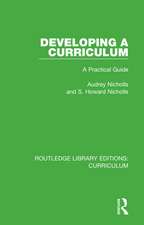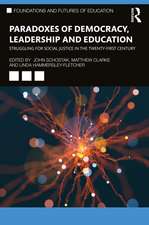Barriers to Integrity: Modern Modes of Knowledge Utilization
Autor Donna H. Kerren Limba Engleză Hardback – 7 iun 2019
| Toate formatele și edițiile | Preț | Express |
|---|---|---|
| Paperback (1) | 377.84 lei 43-57 zile | |
| Taylor & Francis – 7 dec 2020 | 377.84 lei 43-57 zile | |
| Hardback (1) | 763.26 lei 43-57 zile | |
| Taylor & Francis – 7 iun 2019 | 763.26 lei 43-57 zile |
Preț: 763.26 lei
Preț vechi: 1026.85 lei
-26% Nou
Puncte Express: 1145
Preț estimativ în valută:
146.05€ • 152.87$ • 121.56£
146.05€ • 152.87$ • 121.56£
Carte tipărită la comandă
Livrare economică 31 martie-14 aprilie
Preluare comenzi: 021 569.72.76
Specificații
ISBN-13: 9780367012281
ISBN-10: 0367012286
Pagini: 128
Dimensiuni: 152 x 229 mm
Greutate: 0.4 kg
Ediția:1
Editura: Taylor & Francis
Colecția Routledge
Locul publicării:Oxford, United Kingdom
ISBN-10: 0367012286
Pagini: 128
Dimensiuni: 152 x 229 mm
Greutate: 0.4 kg
Ediția:1
Editura: Taylor & Francis
Colecția Routledge
Locul publicării:Oxford, United Kingdom
Cuprins
Foreword -- Foreword -- Preface -- Introduction -- Bureaucracy -- Professionalism -- The Research System -- In Search of Integrity -- About the Academy of Independent Scholars -- About the AIS Forum Series
Descriere
In the world of Aristotle, the education of individuals might have led to virtuous action. But today, integrity of action also requires the education of institutions. Those very structures designed to enhance the just use of knowledge too often stand instead as barriers to integrity. Bureaucracy shapes our actions in a manner reflective of a Platonic approach to knowledge and the political order—an approach that labels some as "true knowers" and grants them the ultimate power to decide what is to be done. Professionalism, the institution with which we legitimatize and use expertise, imbues our actions with the Aquinian belief that any disobedience of directives from reigning experts risks (unacceptably) the loss of order. In our research system, representing our main collective effort to generate new knowledge, we unwittingly put into practice Hume's conception of knowledge, which takes the outcomes of science to be an accumulation of facts, and John Stuart Mill's political theory, which overlooks the role of community in the lives of individuals. The stakes are high, argues Dr. Kerr. Given these conceptions of knowledge and the political values that are inherent in our primary modes of knowledge utilization—conceptions that we should not embrace—only with fundamental reforms of our institutions can our society hope to gain integrity. Dr. Kerr discusses how bureaucracy, professionalism, and the research system could be altered so that they might structure actions in more defensible and desirable ways.
